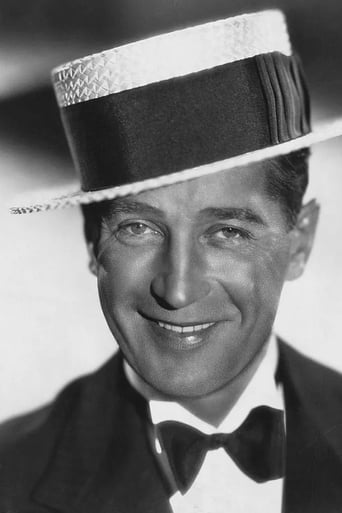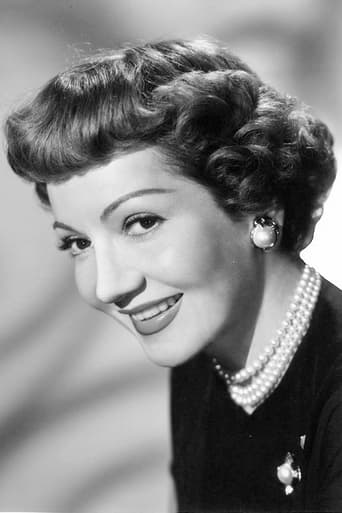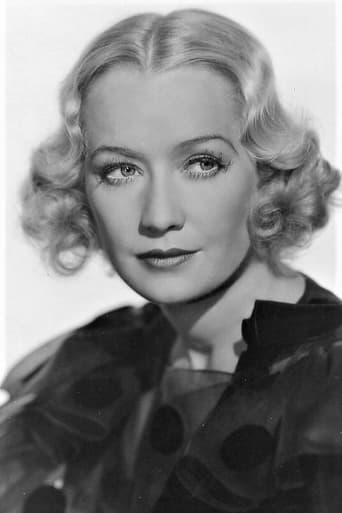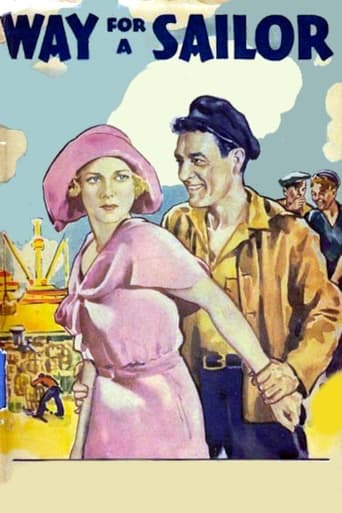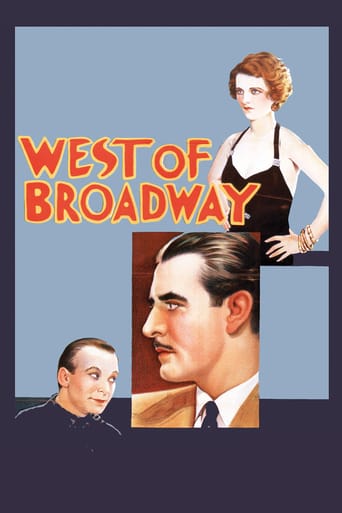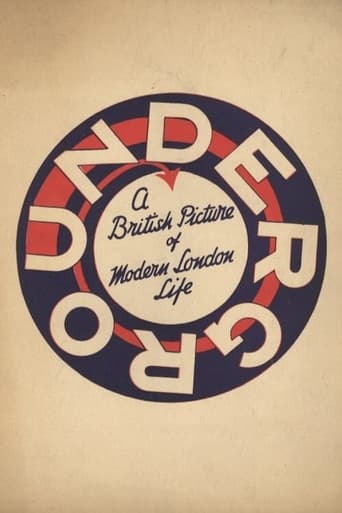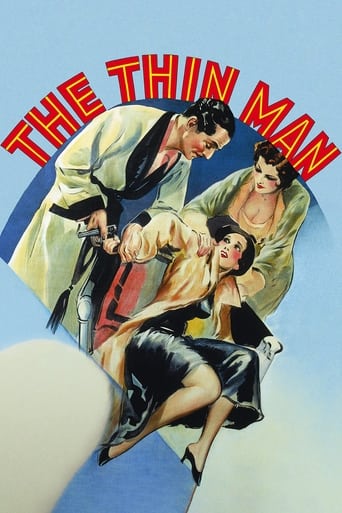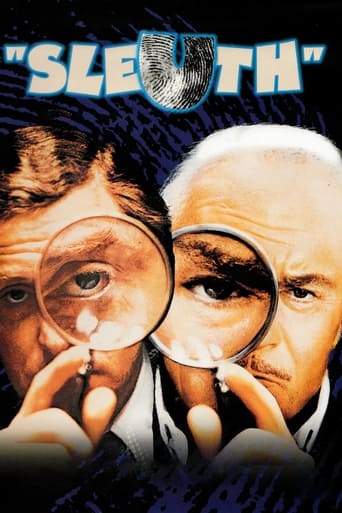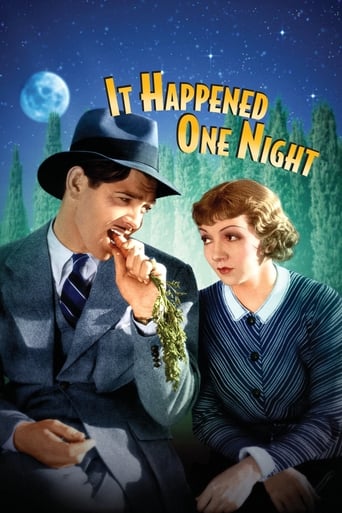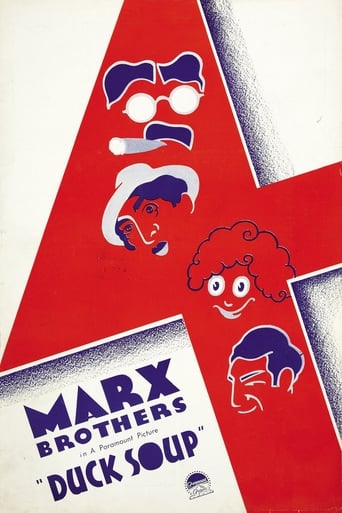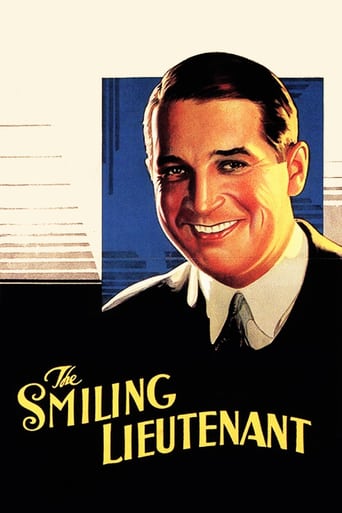
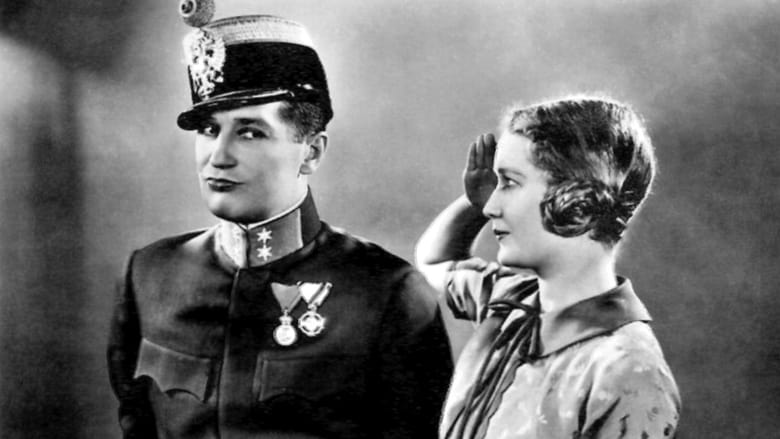
The Smiling Lieutenant (1931)
An amorous lieutenant is forced to marry a socially awkward princess, though he tries to keep his violin-playing girlfriend on the side.
Watch Trailer
Cast


Similar titles
Reviews
I'll be honest, Claudette Colbert is very cute and she made this movie for me. The plot has a somewhat dippy Maurice Chevalier marrying a Princess (Miriam Hopkins) to avoid an international incident, thus breaking his lover's (Colbert's) heart. When she arranges to meet up with him anyway, she's caught by Hopkins, and after a mutual, (hilariously overwrought) cry, she tells Hopkins (in song) that in order to keep Chevalier, "Jazz Up Your Lingerie". The movie is pre-Code which made scenes like that possible, as well as allude to unmarried sex between Colbert and Chevalier, and Hopkins's desire to consummate her marriage. This naughtiness is also part of the movie's charm. It's interesting that the movie wrong-foots us by having the 'wrong girl' get the man. A big hit in 1931 and nominated by the Academy for Best Picture, it's still very watchable 85 years later.
Since this seems to have been largely unnoticed by most of the previous commentators, I will just add a paragraph here to point out that this movie is an adaptation, of sorts, of one of the major hits of the Viennese musical stage during the first decade of the 20th century, Oscar Straus' Ein Waltztraum/A Waltzdream. The characters' names and some of the situations are kept, as are a few of the original numbers, mostly used as background music. (Most of the actual songs are new, and not from the operetta.) You might say "So what?", especially if you have no interest in silver-age Viennese operetta. But this factoid is of interest in that, 3 years later, MGM would try the same thing, once again with M Chevalier directed by Ernst Lubitsch, on another of the major hits of the Viennese musical stage during the first decade of the 20th century, and that time the result would be a smash success: The Merry Widow. (Replacing Miriam Hopkins with Jeannette McDonald helped a lot, as did Lehar's music, which is a lot better that Straus's.) This movie didn't do much for me - neither does A Waltzdream, frankly - but it's interesting to see a first attempt at something MGM, Lubitsch, and Chevalier would soon do so much better.
It must have been that the movie-going public loved seeing Maurice Chevalier in those tight uniforms, he seemed to be in them in most of those early talkies he made for American studios. Only now and again would Chevalier play something as prosaic as a tailor.He's a guardsman again in The Smiling Lieutenant. But with the Austrian Empire at peace all the men have a lot of idle time on their hands. Maurice is busy planning his latest campaign when a friend played by Charlie Ruggles asks him with that Chevalier charm to intercede for him with a female violinist in Claudette Colbert.Maurice does, but the sly rogue gets her for himself. And then he's put on duty to greet the visiting royal house of Flausenthurm which includes King George Barbier and Princess Miriam Hopkins.In one of those priceless Ernst Lubitsch moments, Chevalier while at attention spots Colbert across the street and throws a few knowing smiles and winks. But when the coach carrying Barbier and Hopkins passes, Hopkins intercepts one of those winks and considers it an uncalled for act upon a royal personage.In fact she likes what she sees and persuades Daddy to get the Emperor who's her uncle to part with Chevalier. Of course Maurice the old campaigner likes the idea of being married to the dowdy Hopkins if he's got Claudette on the side.I won't go any farther, but as you can see just by what I tell you The Smiling Lieutenant is a film made before the Code was put in place. In fact the naughtiness of films like these is what got Hollywood the Code. But it's what also makes it hold up very well for today's audience.No big song hits come from The Smiling Lieutenant, but Chevalier delivers what's there with his Gallic charm. Even Hopkins and Colbert grab a chorus or two with Maurice. Music is by Oscar Straus with English lyrics by Clifford Grey.This is before the Code so you have some freedom as to how this film will end, the parameters the Code put in place are no longer there. I should say however that Miriam Hopkins gets a makeover that Paul Venoit and his team would envy.
"Shall I see you again?" asks Lieutenant Niki von Preyn (Maurice Chevalier). "Oh, I hope so," says Franzi (Claudette Colbert), the luscious and liberated young violinist and leader of an all-girl orchestra in Vienna. Niki met her an hour or so ago at an outdoor biergarten. "When?" "Well, perhaps tomorrow night. We could have dinner together," she says "Ohhh don't make me wait 24 hours. I'm so hungry!" "Well then perhaps we could have tea tomorrow afternoon." "Why not breakfast tomorrow morning?" Niki suggests with a smile. "No, no. First tea then dinner then maybe breakfast." The scene fades out with a kiss and the next scene opens with a shot the next morning of two eggs being fried.It is apparent that Franzi and Niki are delighted with each other. But then Niki, called to duty as the captain of the guard while the King and Princess Anna (Miriam Hopkins) of Flausenthurm are welcomed into Vienna with a grand procession, smiles and winks at Franzi from across the cobblestone street just as the king and princess pass by in their open coach. Wouldn't you know it, Princess Anna thinks Niki had the temerity to flirt with her. She's outraged. The king says Niki must be punished. But when they meet, Niki's charm does the trick. Except now Princess Anna, who only knows of life and love from an encyclopedia where all the good parts were removed, is determined to marry him and believes Niki loves her. When she threatens to marry an American if she doesn't get her way, her father, the king, decides he must agree. His little Anna is in love. Duty, honor and the Emperor dictate that Niki must marry the princess. But with the marriage, where does that leave Franzi? And after the marriage, for that matter, where does that leave Niki?Well, if anyone could make a light-as-air, amusing and naughty operetta about joyous sex and then performance resistance, which includes viewing a variety of inviting-looking beds, Ernst Lubitsch is just the director. There's a slightly bittersweet but essentially happy ending, of course, even if Niki stays married. "Girls who start with breakfast usually don't stay for supper. Take care of our Niki," says Franzi to Anna but only after advising the princess in song about the secrets of keeping a man happy and active...namely, to jazz up your lingerie. Chevalier and Colbert do expert jobs to keep this plot moving so quickly and charmingly that we don't have time to think too much about it. For me, however, Miriam Hopkins just about steals the movie. She's innocent and sly, spoiled and naive and somehow is able to be all these at the same time. We know what we're getting with Chevalier and Colbert. We delight in it. Hopkins, however, surprises us and makes us laugh every time she appears. Her line delivery is a work of art. Hopkins had an unsatisfactory career in Hollywood, and it's our loss. Enjoy her skill and style in Trouble in Paradise and Design for Living, both directed by Lubitsch. They were at the top of their game, both of them, and that's saying a lot.


